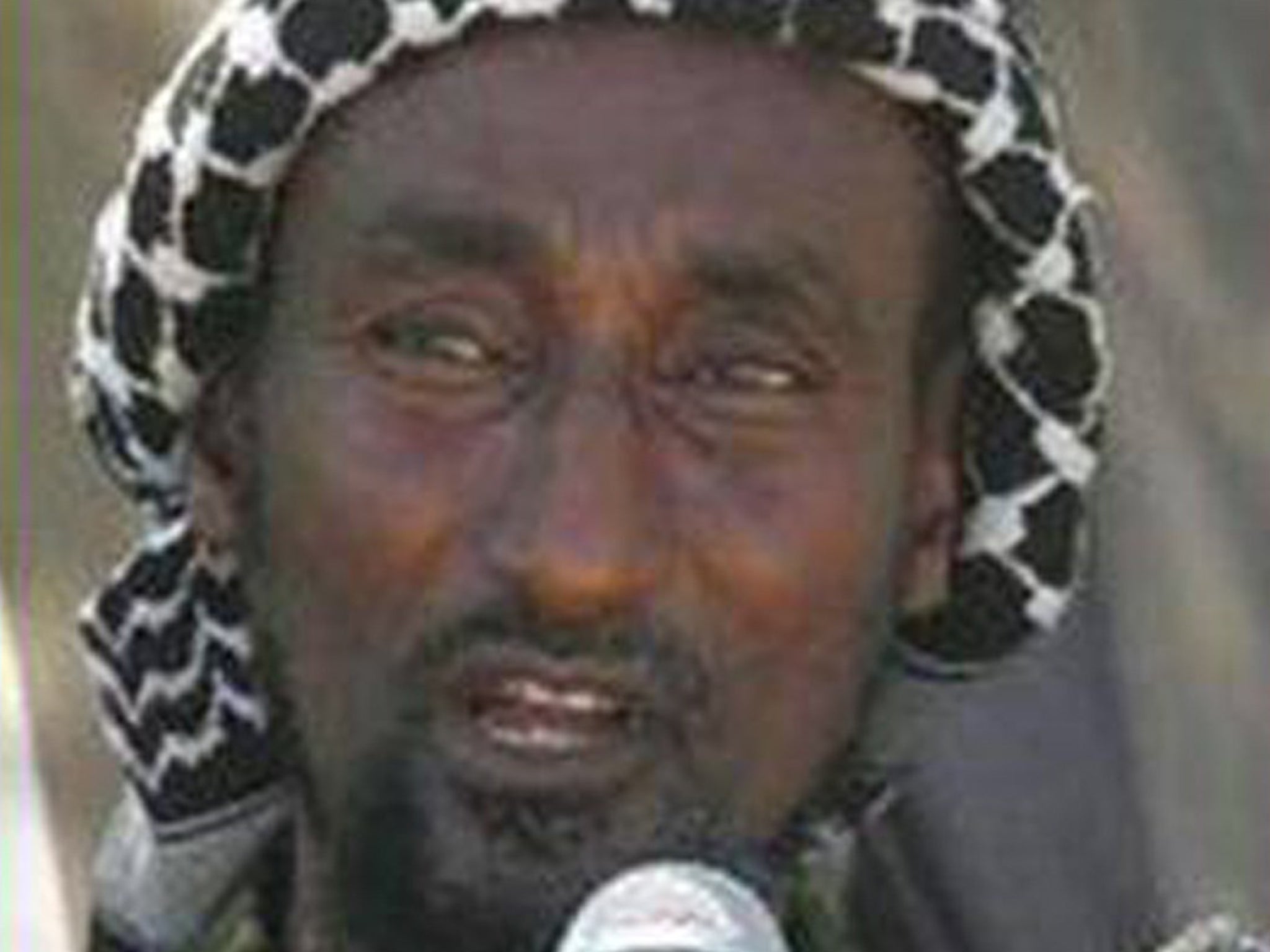Kenya Garissa University attack: What do we know about al-Shabaab leader Mohamed Mohamud named as mastermind behind the atrocity?
He is believed to have an extensive terror network within Kenya, particularly at the Dadaab refugee camp

Your support helps us to tell the story
From reproductive rights to climate change to Big Tech, The Independent is on the ground when the story is developing. Whether it's investigating the financials of Elon Musk's pro-Trump PAC or producing our latest documentary, 'The A Word', which shines a light on the American women fighting for reproductive rights, we know how important it is to parse out the facts from the messaging.
At such a critical moment in US history, we need reporters on the ground. Your donation allows us to keep sending journalists to speak to both sides of the story.
The Independent is trusted by Americans across the entire political spectrum. And unlike many other quality news outlets, we choose not to lock Americans out of our reporting and analysis with paywalls. We believe quality journalism should be available to everyone, paid for by those who can afford it.
Your support makes all the difference.Mohamed Mohamud, also known as Dulyadin or Gamadhere, is a teacher of terror.
Well known to Kenyan authorities before Thursday’s attack, he is reported to have been a military commander, based in Mogadishu, and is thought to have become the man responsible for leading al-Shabaab’s attacks within Kenya. Last month he was named as the person who had sent 12 terrorists to plot an attack against the Kenyan parliament in Nairobi. He is also listed as being subject to asset freezes in Britain.
Shortly before Christmas, Kenyan police circulated images of two terror suspects with a reward offered for any information leading to their arrests. One of them was Mohamud.
Gideon Kimilu, deputy director of the Kenya Police Criminal Investigation Department in Nairobi, said the two are believed to be behind attacks including that on a bus in Mandera on the Somali border when 28 non-Muslims were murdered in November. Ten days later, 36 non-Muslim quarry workers were murdered.
“He commands the militia along the border and is responsible for cross-border incursions in the country,” police said. Mohamud had intensified attacks in northern Kenya and the coastal region before Christmas. He is reported to have three wives.
Police said he became a principal at the Madrasa Najah Islamic School in Garissa between 1997 and 2000 where his “extremist tendencies became more manifest”.
He joined al-Shabaab about 15 years ago. He is believed to have an extensive terror network within Kenya, particularly at the Dadaab refugee camp.
Join our commenting forum
Join thought-provoking conversations, follow other Independent readers and see their replies
Comments